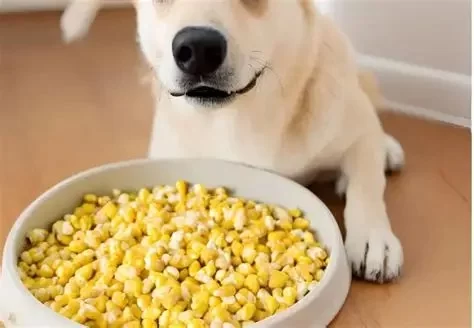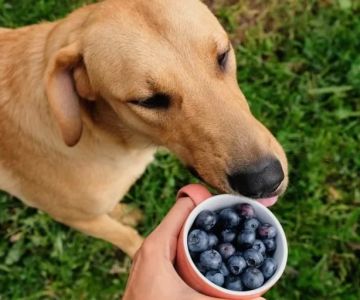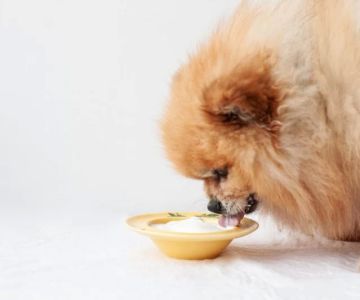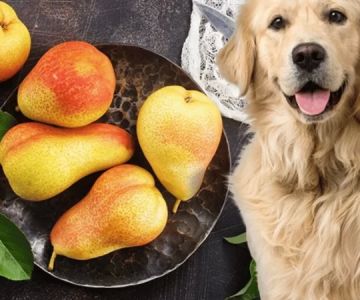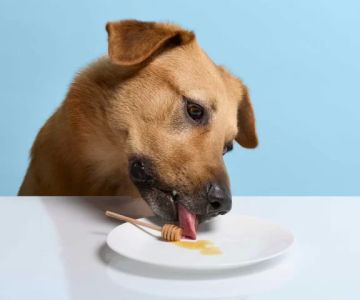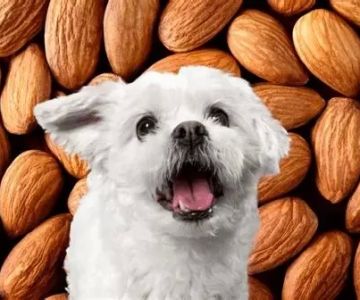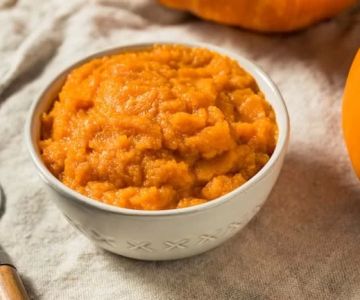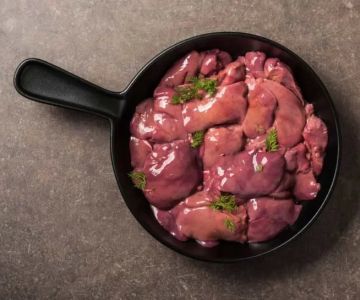- can-dogs-eat-corn-safely
- nutritional-benefits-of-corn-for-dogs
- when-corn-becomes-dangerous
- real-life-case-when-corn-went-wrong
- corn-based-products-and-dog-foods
- how-to-feed-corn-to-your-dog-correctly
- should-you-consider-corn-for-your-dog
1. Can Dogs Eat Corn Safely?
Corn is one of the most common crops in the world, and it often shows up in our kitchens in a variety of forms. But is it okay to share some with your dog? The short answer: yes, dogs can eat corn in moderation, and in certain forms, it can even be beneficial. However, there are important caveats to be aware of that can affect your dog’s health.
2. Nutritional Benefits of Corn for Dogs
2.1 Rich in Carbohydrates and Fiber
Corn is an excellent source of carbohydrates, which can provide your dog with the energy they need for their daily activities. It also contains dietary fiber that supports digestive health, helping regulate bowel movements and improve gut flora.
2.2 Packed with Essential Nutrients
Corn contains several important vitamins and minerals like vitamin B-complex, magnesium, and linoleic acid. These nutrients support metabolic processes, maintain skin health, and contribute to overall vitality.
3. When Corn Becomes Dangerous
3.1 Avoid the Cob
One of the biggest dangers is feeding your dog corn on the cob. The cob itself is difficult to digest and can cause intestinal blockages, especially in small and medium-sized dogs. Veterinary clinics like Hidden Brook Veterinary often treat such cases, where dogs require emergency surgery after swallowing a corn cob.
3.2 Watch Out for Allergies
Although rare, some dogs may develop food allergies or sensitivities to corn. Symptoms may include itchy skin, digestive upset, or chronic ear infections. If your dog is new to corn, introduce it slowly and observe closely for any signs of intolerance.
4. Real-Life Case: When Corn Went Wrong
A Labrador named Max once stole a half-eaten corn cob from a backyard barbecue. Within hours, he was vomiting and lethargic. His owner rushed him to the vet, where an X-ray revealed a large piece of cob lodged in his intestine. It required surgical removal, and while Max recovered, his story serves as a reminder: corn cobs are not chew toys.
5. Corn-Based Products and Dog Foods
5.1 Controversy in Commercial Dog Foods
Some commercial dog foods use corn as a filler, which has stirred debate among pet owners. While corn isn’t inherently harmful, it should never be the primary ingredient in your dog’s diet. Look for balanced formulas where corn is complemented by high-quality protein and fats.
5.2 Healthy Homemade Alternatives
If you’re preparing homemade meals, small amounts of cooked, plain corn (off the cob) can be a nutritious addition. Avoid butter, salt, and spices, which can upset your dog’s stomach or even be toxic.
6. How to Feed Corn to Your Dog Correctly
6.1 Portion and Preparation
Only offer cooked corn kernels—boiled or steamed—without any seasonings. A tablespoon or two is plenty for a small dog, while a larger breed can enjoy a bit more. Frozen corn is okay too, as long as it’s plain.
6.2 How Often?
Feeding corn should be an occasional treat, not a staple. Limit it to once or twice a week. Consistency is key to keeping your dog’s digestion running smoothly and preventing overexposure to any single ingredient.
7. Should You Consider Corn for Your Dog?
Corn can be a safe, healthy addition to your dog’s diet if served responsibly. It’s not a miracle food, nor is it inherently bad. Like any treat, it’s all about balance, preparation, and portion size. If you ever feel unsure, consult professionals like Hidden Brook Veterinary for tailored nutritional advice based on your dog’s health history and lifestyle.

